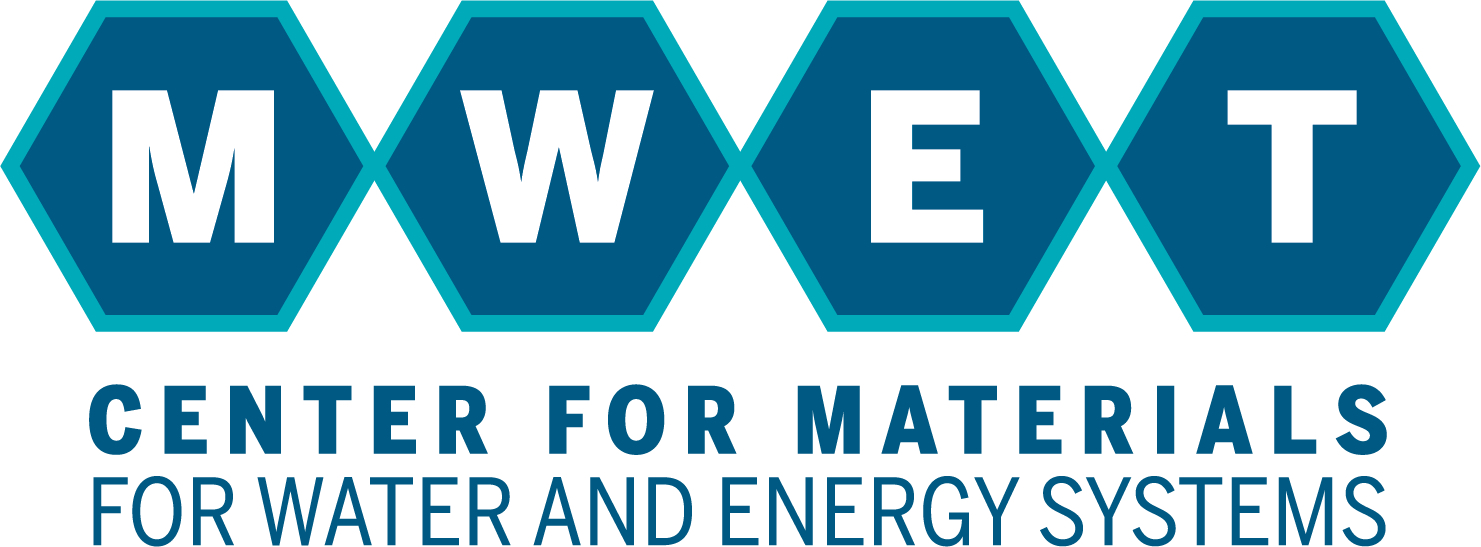
Operations Director
Dave is the Operations Director of the Center for Materials for Water and Energy Systems (M-WET) at the University of Texas at Austin (UT Austin) where he manages the day-to-day operations of our US Department of Energy funded Energy Frontier Research Center (EFRC). He is also an environmental engineer and materials scientist with a technical background that spans water / wastewater treatment to nuclear waste remediation. He came to UT Austin from Washington State University (WSU), where he was responsible for coordinating and advancing a number of technology development and research initiatives at the Voiland College of Engineering and Architecture. Prior to that, he conducted his doctoral research at WSU on the synthesis of mineral waste-forms for nuclear waste remediation and the generation of valuable byproducts from industrial and mining wastes (i.e., waste valorization). He investigated the productive use of aluminosilicate byproducts from the Bayer aluminum production process, which involved work on the generation of agriculturally beneficial clays, the extraction of critical metals from Bayer process residue, and the use of related sodalite and cancrinite minerals for radioisotope immobilization and disposal.
Before delving into the world of synthetic minerals, Dave worked in R&D as an engineer on many wastewater treatment and environmental remediation technologies at Duke University, RTI International, and startup companies in the Research Triangle region of North Carolina. Some of these projects included forward osmosis & membrane distillation systems to treat oil and gas extraction-produced waters, anaerobic membrane bioreactors to generate methane from aqueous biofuel waste, scaling-resistant conductive membranes for brine treatment, and supercritical water oxidation for the elimination of municipal biosolids. He is excited to be a part of the incredible M-WET team, helping our scientists advance the study of membranes for the benefit of society via the production of clean water and abundant energy resources.
Dave received his Bachelor of Arts in Biology from Cornell University, both a Master’s degree of Environmental Management and Master’s Degree of Environmental Engineering from Duke University, and his Doctor of Philosophy degree in Materials Science and Engineering from Washington State University.

